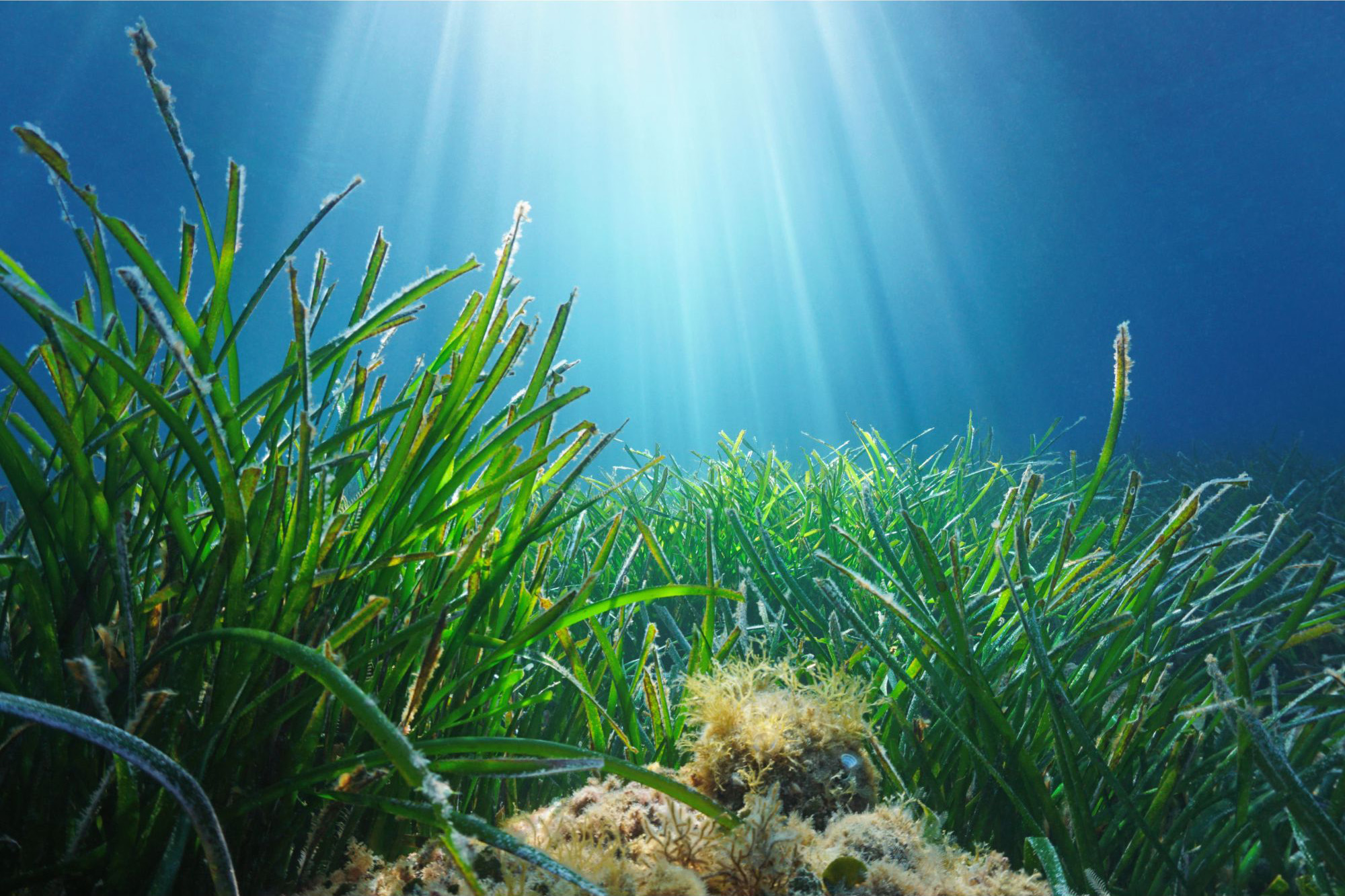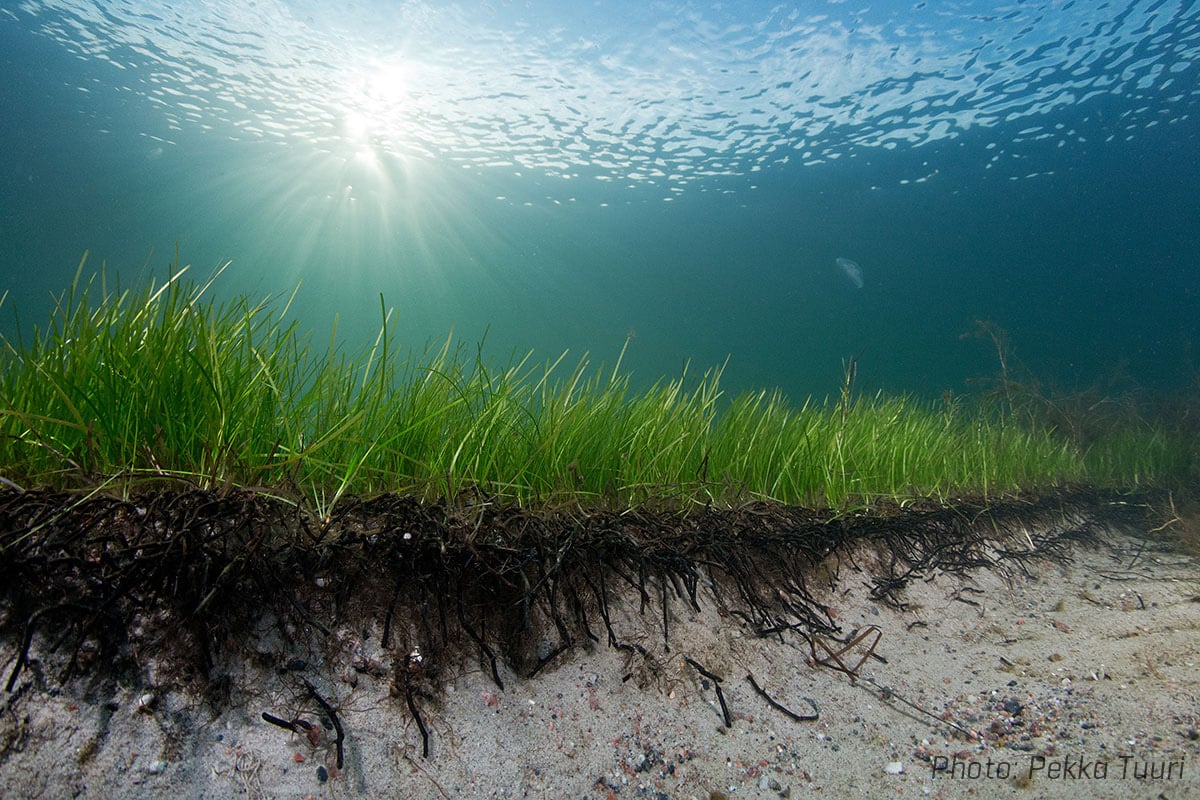"Informed AI News" is a news aggregation platform based on AI, aiming to provide users with high-quality news content that has been carefully selected and organized. It analyzes a vast array of news sources, filtering out low-quality or untrustworthy information to ensure that users receive accurate and timely news. Find out more >>
Scientists Discover 1402-Year-Old Seagrass, Revolutionizing Clonal Species Research
- summary
- score


Scientists have determined that a seagrass in the Baltic Sea is 1402 years old, making it the oldest known marine plant. This finding was achieved through a novel genetic clock technique developed by a team from various universities. The method monitors the accumulation of somatic mutations, akin to cancer's evolution, enabling precise dating of clonal populations.
Detailed in "Nature Ecology & Evolution," this technique could revolutionize the study of clonal species, which reproduce asexually and can cover extensive areas, comparable to a football field. These species, including corals and certain algae, maintain genetic similarity among their clones but are not genetically identical due to these mutations.
This breakthrough not only offers a tool for accurately dating clonal organisms but also aids in understanding their resilience in changing environments. It paves the way for improved conservation strategies, particularly for endangered species like corals under extreme heat stress.
The team expects to discover even older seagrass clones, potentially ranking them as the oldest living organisms on Earth. This research highlights the effectiveness of interdisciplinary collaboration in advancing ecological and evolutionary science.
| Scores | Value | Explanation |
|---|---|---|
| Objectivity | 6 | Content provides a balanced overview of the scientific discovery and its implications. |
| Social Impact | 4 | The discovery could influence conservation strategies and public understanding of marine life. |
| Credibility | 5 | The content is based on a scientific study published in a reputable journal. |
| Potential | 5 | The research has high potential to impact conservation and ecological studies. |
| Practicality | 4 | The genetic clock technique can be applied to study other clonal species. |
| Entertainment Value | 3 | While informative, the content may not appeal to a broad entertainment audience. |